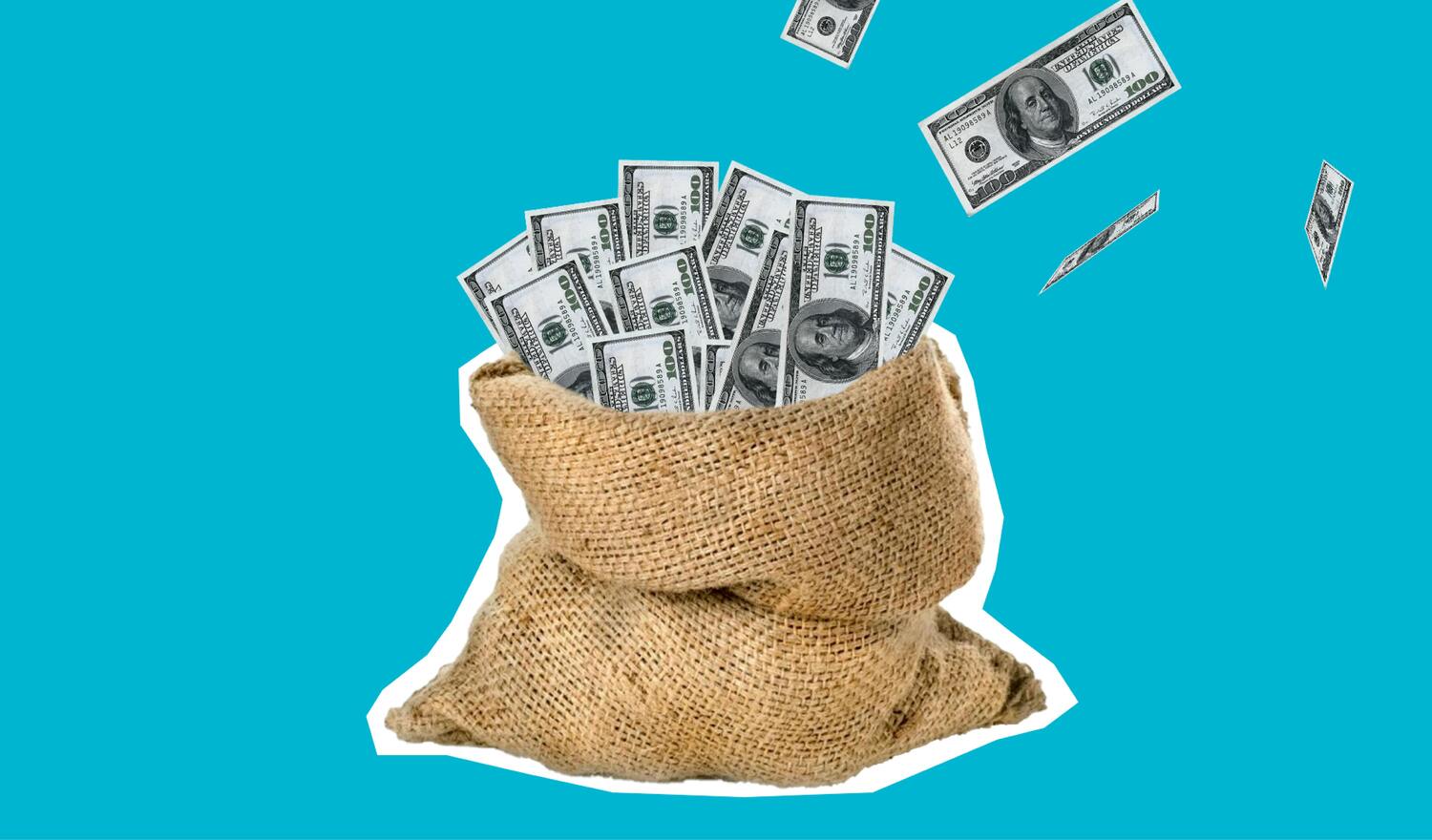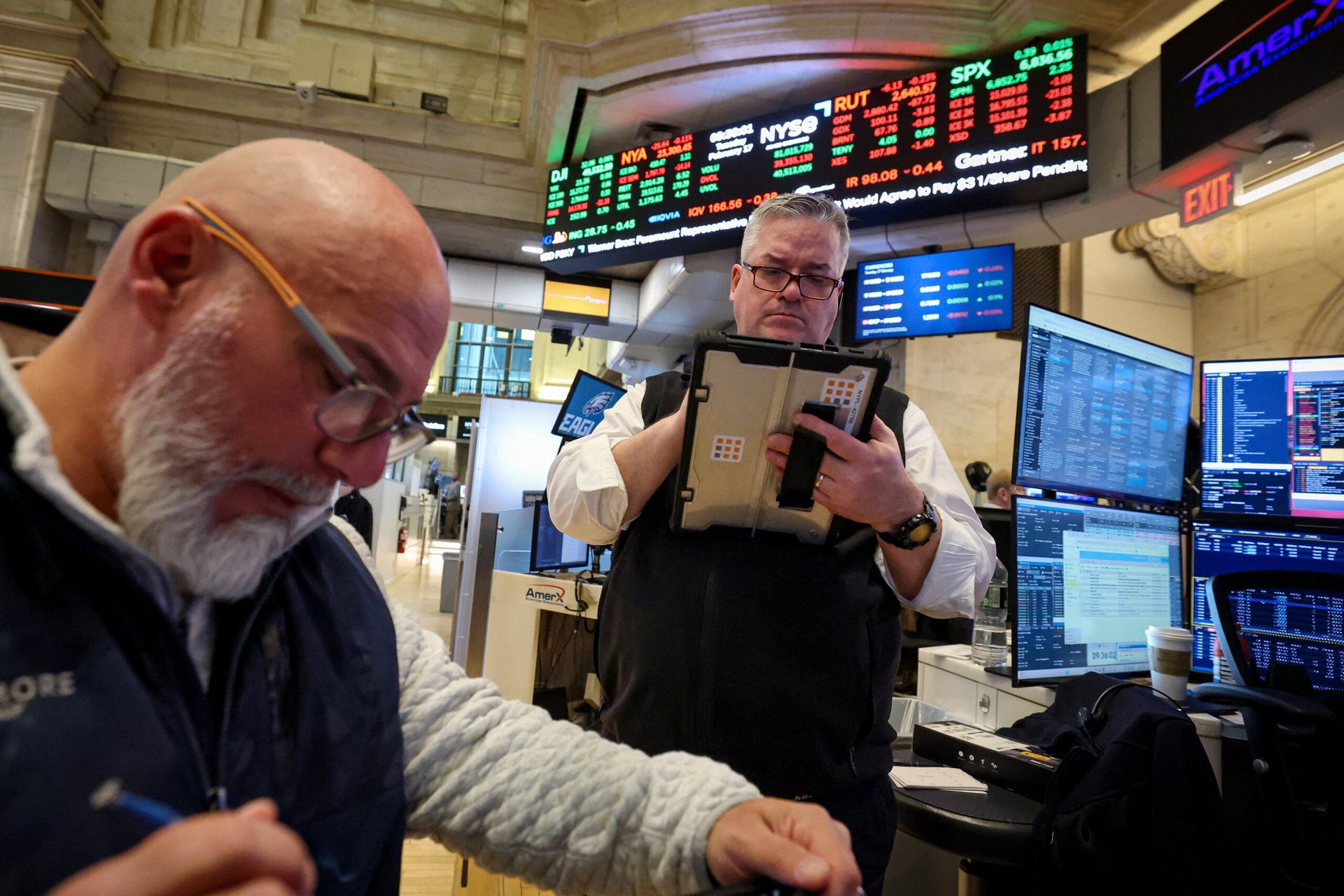The economy might look stable on paper, but consumer behaviors tell a very different story. Rising inflation, stagnant wages, and mounting debt are forcing many households to make choices that reveal just how difficult things have become financially. While stock markets may soar and unemployment numbers remain low, real-life spending patterns often paint a more accurate—and concerning—picture of who’s truly struggling.
Consumer habits are like economic fingerprints. They can highlight financial stress even when people don’t openly discuss it. From the way people shop for groceries to how they manage credit, subtle trends can reveal financial strain that statistics and government reports fail to capture. These habits often emerge quietly, but when viewed collectively, they show how millions of households are adapting to an economy that’s becoming harder to navigate.
Let’s take a closer look at 10 consumer trends that clearly reveal who’s really struggling and why these behaviors are becoming more widespread.
1. Increased Reliance on Buy-Now-Pay-Later Plans
Buy-now-pay-later (BNPL) services, like Afterpay, Klarna, and Affirm, have exploded in popularity over the past few years. While these services were once used for big-ticket items, they’re now being applied to everyday purchases like groceries, clothing, and even fast food.
On the surface, BNPL plans look like a smart way to manage cash flow. But the growing dependence on these services is often a red flag. Consumers who once paid upfront for necessities are now stretching payments over weeks or months just to stay afloat. This shift reveals a deeper cash shortage and signals that even basic expenses are becoming unmanageable for many families.
2. Trading Down to Generic and Discount Brands
The rise in sales of generic products and private-label brands is another telltale sign of financial strain. While many people buy generic products to save money regardless of income, a significant shift toward budget brands often happens when households need to cut costs across the board.
In the grocery aisle, premium brands are losing ground to store-brand alternatives, and shoppers are increasingly using coupons and discount apps to stretch their budgets. This trend is particularly noticeable when higher-income households, who once preferred name brands, start making the same budget-conscious choices as those with lower incomes.
3. Rising Fast-Food and Dollar Store Purchases
Fast-food restaurants and dollar stores are booming, not because people love them more than ever, but because they’re often cheaper and faster alternatives to traditional dining or retail. When money gets tight, families gravitate toward value menus, $1 stores, and discount retailers for household essentials.
While it might seem like a convenient choice, relying on these options frequently indicates that consumers are prioritizing immediate affordability over quality or long-term value. It’s a subtle but telling sign of financial pressure, particularly when dining out at mid-tier restaurants is replaced entirely with lower-cost fast-food runs.
4. The Resurgence of Layaway Programs
Layaway, a shopping option that had largely disappeared in the age of credit cards, is making a comeback. Retailers are offering updated versions of layaway, including hybrid systems that allow customers to pay for items over time while holding them in reserve.
This trend points to a growing number of shoppers who cannot afford large purchases upfront but still need essential items like appliances or winter clothing. When more consumers turn to layaway rather than traditional credit, it signals a tightening of household budgets and reduced access to credit lines.
5. Declining Savings Rates
One of the most worrying consumer trends is the significant drop in personal savings rates. Many families have drained their pandemic-era savings buffers, and now, more than ever, they are living paycheck to paycheck.
Consumers who once contributed to retirement accounts or emergency funds are now using that money to cover rising costs of rent, groceries, and gas. The lack of a financial cushion is one of the strongest indicators of who is struggling, as it leaves little room to manage unexpected expenses without going into debt.

6. Increase in Payday Loan Usage
Payday loan companies are thriving again, and that’s not a good sign. These high-interest loans are often the last resort for people who have no other financial options. When consumers start turning to payday loans to cover basic bills or emergencies, it reflects a dire lack of savings and access to affordable credit.
This trend is particularly concerning because payday loans often lead to a cycle of debt. The fees and interest rates are so high that borrowers end up repaying far more than they borrowed, trapping them in long-term financial hardship.
7. Subscription Cancellations and Service Downgrades
Streaming platforms, meal delivery kits, and subscription boxes were booming just a few years ago. Now, many households are canceling or downgrading these services to save money. Consumers are carefully reviewing their monthly expenses and cutting anything deemed non-essential.
While canceling subscriptions might sound like a normal budgeting step, the mass cancellation trend often spikes during economic downturns. It’s a visible sign that households are tightening their belts and prioritizing only the most critical expenses.
8. A Shift Toward Used Goods and Thrift Stores
The surge in secondhand shopping is another consumer trend pointing to financial stress. Thrift stores, online resale platforms like Poshmark and ThredUp, and local buy-and-sell groups have become go-to places for everything from clothes to furniture.
While buying used can be a sustainable choice, its sudden popularity among middle-income shoppers highlights how new items are increasingly out of reach. Many people are turning to secondhand options not because they prefer them, but because they have little choice if they want to save money.
9. Growing Credit Card Balances
Credit card debt is hitting record highs as consumers rely on revolving credit to manage daily expenses. Rather than using credit cards for convenience or rewards, many households are now swiping them to cover basic necessities like groceries and utility bills.
The worrying part is that interest rates on credit cards have also climbed, meaning that carrying a balance from month to month is becoming even more costly. Rising balances combined with reduced savings highlight a clear picture of financial stress across many income levels.
10. Delay in Major Life Purchases
When consumers begin delaying or abandoning major purchases, like cars, homes, or even vacations, it’s often a sign that they’re struggling financially. People are holding off on buying big-ticket items, even when they need them, because of rising prices and fear of economic uncertainty.
For example, many young adults are delaying homeownership due to high mortgage rates and down payment requirements. Similarly, families are postponing new car purchases, opting instead to repair older vehicles to avoid taking on new debt.
What These Consumer Trends Reveal About the Economy
Individually, these trends might seem minor, but collectively, they paint a clear picture of widespread financial strain. The shift toward cheaper brands, delayed purchases, and increased debt shows that many households are stretched thin and adjusting their lifestyles out of necessity.
While economists often look at stock markets or GDP for signs of economic health, consumer behavior provides a more immediate and human view of the challenges people face. When more families are forced to turn to BNPL plans, payday loans, or thrift stores, it’s a signal that the economic recovery is leaving many behind.
Do These Trends Reflect Your Life?
The 10 consumer trends above reveal far more than spending habits. They highlight the reality of financial stress in today’s economy. As more households adjust their behavior to cope with rising costs, these subtle shifts tell us who is thriving, who is surviving, and who is quietly falling behind.
Have you noticed these trends in your own life or community? Which of these shifts do you think most clearly signals financial struggle?
Read More:
5 Bad Money Habits the Poor and Lower Middle-Class Have
Common Money-Saving Habits That Actually Cost You More
Riley Schnepf is an Arizona native with over nine years of writing experience. From personal finance to travel to digital marketing to pop culture, she’s written about everything under the sun. When she’s not writing, she’s spending her time outside, reading, or cuddling with her two corgis.




























